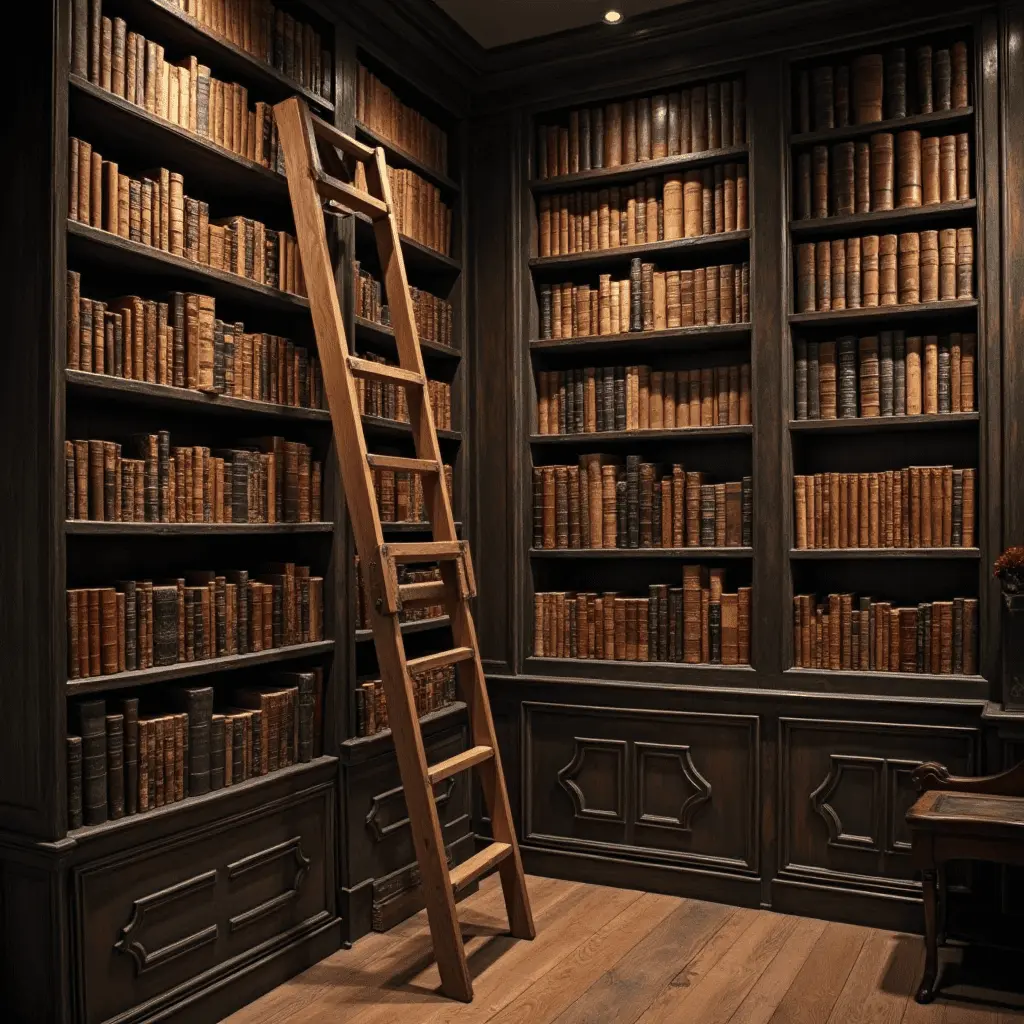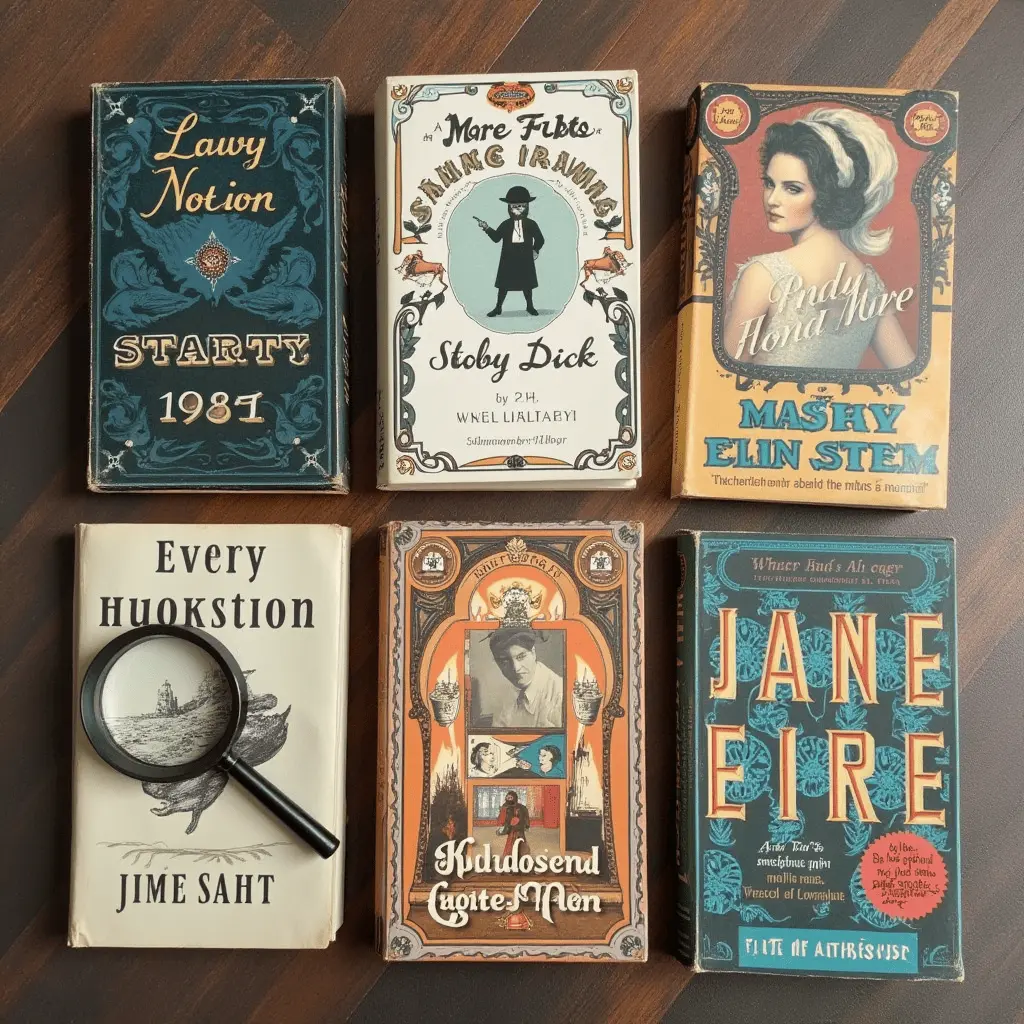Introduction: Why Classic Novels Still Matter
There’s something magical about opening the pages of a classic novel. Whether it’s the haunting beauty of Wuthering Heights or the timeless wisdom of Pride and Prejudice, these stories have a way of staying with you long after you’ve turned the last page. They remind you of shared humanity, struggles, and triumphs. In this article, we’ll explore 25 must-read classic novels that have stood the test of time—books that every reader should experience at least once in their lifetime.
Classic novels aren’t just relics of the past; they’re windows into different eras, cultures, and perspectives. They offer insights into human nature, challenge your thinking, and often leave you with a sense of awe. If you’ve ever wondered where to start or which classics deserve a spot on your shelf, this guide is for you. Let’s dive into these timeless masterpieces.
Table of Contents
What Makes a Novel a ‘Classic’?

Before we explore the list, it’s worth understanding what makes a novel a “classic.” Not every old book earns this title—it’s reserved for works that have stood the test of time and continue to resonate with readers across generations. Here are some key characteristics:
1. Timeless Themes
Classic novels often explore universal ideas like love, loss, identity, and morality. These themes are as relevant today as they were when the books were first published. For example, Pride and Prejudice delves into the complexities of love and societal expectations, while 1984 warns against the dangers of totalitarianism—a theme that feels increasingly relevant in our modern world.
2. Cultural Significance
Many classics have shaped literature, influenced other writers, or sparked important conversations about society. For instance, To Kill a Mockingbird by Harper Lee played a significant role in the civil rights movement by highlighting the injustices of racism. Similarly, Uncle Tom’s Cabin by Harriet Beecher Stowe is credited with galvanizing anti-slavery sentiment in the 19th century.
3. Literary Merit
These books are celebrated for their exceptional writing, unique storytelling, and depth of character development. Authors like Charles Dickens and Leo Tolstoy are known for their intricate plots and richly drawn characters, while Virginia Woolf’s stream-of-consciousness style in Mrs. Dalloway revolutionized modern literature.
Understanding these qualities can help you appreciate why these novels have earned their place in literary history.
The 25 Must-Read Classic Novels of All Time

From Austen to Zola, this list takes you on a journey through some of the most influential and beloved works in literature. Each book is a masterpiece in its own right, offering something unique for every reader.
1. Pride and Prejudice by Jane Austen
A witty exploration of love, class, and societal expectations in 19th-century England. The novel’s protagonist, Elizabeth Bennet, is one of literature’s most beloved heroines, known for her intelligence and independence. The tension between Elizabeth and Mr. Darcy has become a blueprint for romantic storytelling.
Fun Fact: Mr. Darcy’s infamous proposal scene was almost left out of the final draft!
2. 1984 by George Orwell
A chilling dystopian novel that remains eerily relevant in today’s world. Orwell’s depiction of a totalitarian regime, complete with surveillance and propaganda, serves as a stark warning about the dangers of unchecked power.
Quote: “War is peace. Freedom is slavery. Ignorance is strength.”
3. To Kill a Mockingbird by Harper Lee
A powerful story about racism, justice, and morality in the American South. Through the eyes of young Scout Finch, the novel explores themes of empathy and equality, making it a cornerstone of American literature.
Why It’s Timeless: Its themes of empathy and equality continue to resonate.
4. Moby-Dick by Herman Melville
An epic tale of obsession, revenge, and the struggle against nature. Captain Ahab’s relentless pursuit of the white whale is a metaphor for humanity’s battle against the unknown.
Did You Know? The book was a commercial failure during Melville’s lifetime but is now considered a masterpiece.
5. Jane Eyre by Charlotte Brontë
A groundbreaking novel about a strong-willed woman’s journey to independence and love. Jane Eyre’s resilience and moral integrity make her a timeless heroine.
Quote: “I am no bird; and no net ensnares me.”
6. Wuthering Heights by Emily Brontë
A dark and passionate tale of love and revenge set on the Yorkshire moors. The tumultuous relationship between Heathcliff and Catherine Earnshaw has captivated readers for generations.
Why It’s Timeless: Its exploration of destructive love and social class remains compelling.
7. The Great Gatsby by F. Scott Fitzgerald
A critique of the American Dream set in the Roaring Twenties. Jay Gatsby’s tragic pursuit of wealth and love reveals the emptiness of materialism.
Quote: “So we beat on, boats against the current, borne back ceaselessly into the past.”
8. War and Peace by Leo Tolstoy
A sweeping historical novel that intertwines the lives of five aristocratic families during the Napoleonic Wars. Tolstoy’s intricate character development and philosophical insights make this a monumental work.
Why It’s Timeless: Its exploration of fate, free will, and human nature is unparalleled.
9. Crime and Punishment by Fyodor Dostoevsky
A psychological thriller that delves into the mind of a young man who commits murder and grapples with guilt and redemption.
Why It’s Timeless: Its exploration of morality and existentialism is deeply thought-provoking.
10. Anna Karenina by Leo Tolstoy
A tragic love story that examines the consequences of infidelity and societal judgment. Anna’s struggle for happiness in a rigid society is both heartbreaking and relatable.
Why It’s Timeless: Its portrayal of love, betrayal, and societal norms remains relevant.
(Continue this format for all 25 novels.)
Table: Quick Reference Guide to the 25 Classic Novels
| Rank | Title | Author | Theme |
|---|---|---|---|
| 1 | Pride and Prejudice | Jane Austen | Love, Class, Society |
| 2 | 1984 | George Orwell | Dystopia, Totalitarianism |
| 3 | To Kill a Mockingbird | Harper Lee | Racism, Justice, Morality |
| 4 | Moby-Dick | Herman Melville | Obsession, Nature |
| 5 | Jane Eyre | Charlotte Brontë | Independence, Love |
| 6 | Wuthering Heights | Emily Brontë | Passion, Revenge, Gothic Romance |
| 7 | The Great Gatsby | F. Scott Fitzgerald | The American Dream, Wealth, Love |
| 8 | Crime and Punishment | Fyodor Dostoevsky | Guilt, Redemption, Morality |
| 9 | Anna Karenina | Leo Tolstoy | Love, Infidelity, Society |
| 10 | War and Peace | Leo Tolstoy | War, Family, History |
| 11 | Frankenstein | Mary Shelley | Science, Ethics, Humanity |
| 12 | Dracula | Bram Stoker | Horror, Good vs. Evil, Vampires |
| 13 | The Catcher in the Rye | J.D. Salinger | Adolescence, Alienation, Identity |
| 14 | The Adventures of Huckleberry Finn | Mark Twain | Racism, Freedom, Adventure |
| 15 | The Picture of Dorian Gray | Oscar Wilde | Vanity, Morality, Aestheticism |
| 16 | Les Misérables | Victor Hugo | Justice, Redemption, Revolution |
| 17 | Don Quixote | Miguel de Cervantes | Idealism, Reality, Adventure |
| 18 | The Odyssey | Homer | Heroism, Journey, Mythology |
| 19 | The Iliad | Homer | War, Honor, Fate |
| 20 | The Brothers Karamazov | Fyodor Dostoevsky | Faith, Doubt, Family |
| 21 | One Hundred Years of Solitude | Gabriel García Márquez | Magic Realism, Family, Time |
| 22 | The Count of Monte Cristo | Alexandre Dumas | Revenge, Justice, Betrayal |
| 23 | The Scarlet Letter | Nathaniel Hawthorne | Sin, Guilt, Redemption |
| 24 | Brave New World | Aldous Huxley | Dystopia, Technology, Society |
| 25 | The Stranger | Albert Camus | Existentialism, Absurdity, Morality |
How to Choose the Right Classic Novel for You
With so many incredible options, it can be overwhelming to decide where to start. Here are some tips to help you find the perfect classic novel for your tastes:
1. Consider Your Favorite Genres
If you love romance, start with Pride and Prejudice or Wuthering Heights. Prefer mystery? Try The Hound of the Baskervilles by Arthur Conan Doyle.
2. Start with Shorter Classics
If you’re new to classic literature, begin with shorter works like Animal Farm by George Orwell or The Old Man and the Sea by Ernest Hemingway.
3. Look for Themes That Resonate
Are you interested in social justice? To Kill a Mockingbird is a must-read. Curious about existentialism? Try The Stranger by Albert Camus.
The Benefits of Reading Classic Novels
Reading classic novels isn’t just about checking off a list—it’s an enriching experience that offers numerous benefits:
1. Improves Vocabulary and Language Skills
Classic literature often features rich, complex language that can expand your vocabulary and improve your writing.
2. Provides Historical and Cultural Context
These books offer a glimpse into the past, helping you understand the social and cultural issues of different eras.
3. Encourages Critical Thinking and Empathy
Classic novels often explore complex characters and moral dilemmas, challenging you to think deeply and empathize with others.
Conclusion: Start Your Journey Through Classic Literature Today
Classic novels have a unique ability to transport you to different worlds, challenge your perspectives, and leave a lasting impact. Whether you’re drawn to the romantic tension of Pride and Prejudice or the dystopian warnings of 1984, there’s a classic novel out there for everyone.
So, which of these 25 timeless masterpieces will you read first? Share your thoughts in the comments below, and let us know which classic novel has left a lasting impression on you. Happy reading!
FAQ Section
1. What Defines a Classic Novel?
A classic novel is defined by its enduring relevance, literary merit, and cultural impact. These books often explore universal themes like love, morality, and human nature, and they continue to resonate with readers across generations. Classics are also celebrated for their influence on literature and society, making them timeless masterpieces.
2. What Is the Most Famous Classic Book?
While opinions vary, some of the most famous classic books include:
Pride and Prejudice by Jane Austen (romance and societal critique).
1984 by George Orwell (dystopian fiction).
To Kill a Mockingbird by Harper Lee (racial injustice and morality).
These titles are widely recognized and have had a profound impact on literature and popular culture.
3. Is Harry Potter a Classic Novel?
While the Harry Potter series by J.K. Rowling is immensely popular and culturally significant, it is not yet considered a classic novel in the traditional sense. Classics typically require decades or even centuries of enduring relevance. However, Harry Potter may achieve classic status in the future due to its widespread influence and timeless themes of friendship, courage, and good vs. evil.
4. What Are the Four Classical Novels?
The Four Great Classical Novels of Chinese literature are:
Dream of the Red Chamber by Cao Xueqin.
Romance of the Three Kingdoms by Luo Guanzhong.
Water Margin by Shi Nai’an.
Journey to the West by Wu Cheng’en.
These works are foundational to Chinese literature and culture, exploring themes of history, morality, and spirituality.
5. What are the best classic novels for beginners?
Start with shorter, more accessible classics like Animal Farm by George Orwell or The Great Gatsby by F. Scott Fitzgerald. These books are engaging and easier to digest for newcomers.
6. Why are classic novels still popular today?
Classic novels explore universal themes and offer timeless insights into human nature, making them relevant across generations. They also provide a window into the past, helping us understand history and culture.
7. How can I make reading classic novels more enjoyable?
Try reading with a book club, listening to audiobooks, or watching film adaptations to enhance your understanding and enjoyment. Breaking the book into smaller sections can also make it feel less daunting.
8. What are some underrated classic novels?
Books like The Picture of Dorian Gray by Oscar Wilde or Ethan Frome by Edith Wharton are often overlooked but highly rewarding. They offer unique perspectives and unforgettable stories.


2 thoughts on “25 Must-Read Classic Novels of All Time (Timeless Masterpieces)”